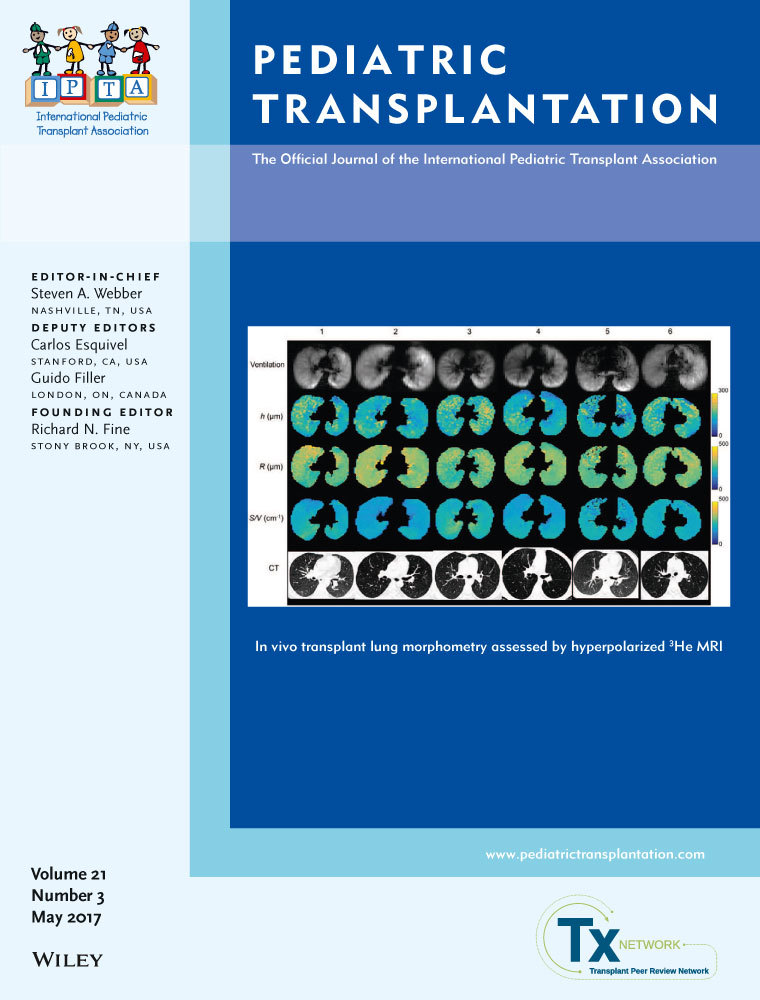Pediatric renal transplant practices in India
Abstract
Limited access to tertiary-level health care, limited trained pediatric nephrologists and transplant physicians, lack of facilities for dialysis, lack of an effective deceased donor program, non-affordability, and non-adherence to immunosuppressant drugs poses a major challenge to universal availability of pediatric transplantation in developing countries. We present the results of a survey which, to the best of our knowledge, is the first such published attempt at understanding the current state of pediatric renal transplantation in India. A designed questionnaire formulated by a group of pediatric nephrologists with the aim of understanding the current practice of pediatric renal transplantation was circulated to all adult and pediatric nephrologists of the country. Of 26 adult nephrologists who responded, 16 (61.5%) were involved in pediatric transplantation, and 10 of 15 (66.6%) pediatric nephrologists were involved in pediatric transplantation. Most of the centers doing transplants were private/trust institution with only three government institutions undertaking it. Induction therapy was varied among pediatric and adult nephrologists. There were only a few centers (n=5) in the country routinely doing >5 transplants per year. Preemptive transplants and protocol biopsies were a rarity. The results demonstrate lower incidence of undertaking pediatric transplants in children below 6 years, paucity of active cadaveric programs and lack of availability of trained pediatric nephrologists and staff. In contrast to these dissimilarities, the immunosuppressant use seems to be quite similar to Western registry data with majority favoring induction agent and triple immunosuppressant (steroid, mycophenolate mofetil and tacrolimus) for maintenance. The survey also identifies major concerns in availability of this service to all regions of India as well as to all economic segments.




